Extending human and civic rights
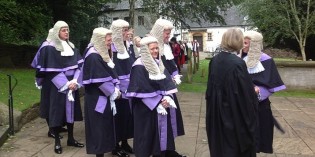
Legal aid cuts may mean excluded members of society are denied access to a vital part of our democratic system
Thousands of lawyers are today protesting outside courts at planned cuts to legal aid. Stuart Wilks-Heeg, Stephen Crone, and Andrew Blick considered this topic in the 2012 audit of UK democracy, identifying concerns about the difficulty citizens face in accessing legal aid, which have intensified since the coalition government was elected. It is clearly necessary, if the rule of […]
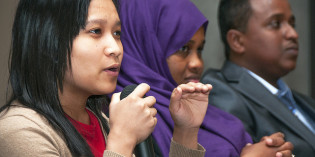
Book Review: The Political Integration of Ethnic Minorities in Britain
In this book the authors set out to explore the extent and nature of the political integration of Britain’s growing ethnic minority population. The analysis is based on the largest and broadest academic survey ever of the political attitudes and behaviour of Britain’s main ethnic minority groups, the 2010 Ethnic Minority British Election Study, in […]
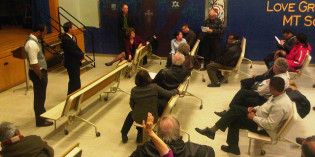
100 things we learned about democracy in 2013: Part four
To mark the end of 2013, Democratic Audit has collected 100 of the most important, surprising and downright disturbing things we have learned about democracy this year. Here is part four of our list, covering everything from Parliamentary select committees to Cornish national identity. Similar Posts100 things we learned about democracy in 2013: Part three […]

100 things we learned about democracy in 2013: Part three
To mark the end of 2013, Democratic Audit has collected 100 of the most important, surprising and downright disturbing things we have learned about democracy this year. Here is part three of our list, covering everything from non-voting lothario Russell Brand to the (financial) value of your vote. Similar Posts100 things we learned about democracy […]

100 things we learned about democracy in 2013: Part two
To mark the end of 2013, Democratic Audit has collected 100 of the most important, surprising and downright disturbing things we have learned about democracy this year. Here is part two of our list, ranging from Australian coups and the expanding Lords to neighbourhood planning and the political impact of a pair of red trousers. […]
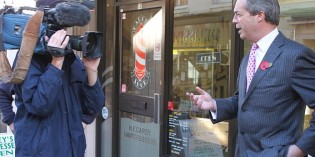
100 things we learned about democracy in 2013: Part one
To mark the end of 2013, Democratic Audit has collected 100 of the most important, surprising and downright disturbing things we have learned about democracy this year. Here is part one of our list, ranging from toddlers and tweeting MPs to workplace democracy and the lonely Wigan Tory. Similar Posts100 things we learned about democracy […]
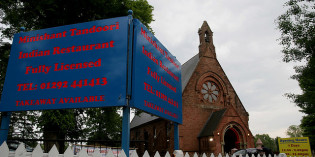
Protections for the freedom of religion have improved over the last decade
In the 2012 Audit of Democracy, Stuart Wilks-Heeg, Stephen Crone, and Andrew Blick looked at the key issue of religious freedom in Britain. While the country remains relatively secular in practice, the British state is tied up by anachronistic historical relics such as an established church and the continued presence of Bishops in the House of Lords. Despite […]
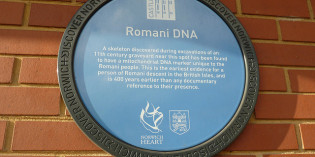
Our politicians must stop scapegoating the Roma community
Leading UK politicians – including the Deputy Prime Minister and former Home Secretary – have recently warned of tensions between Britain’s Roma communities and their neighbours, referring to the unacceptable behaviour of the Roma migrants. Yaron Matras argues here that it is wrong to make such generalisations on the basis of ethnicity, and undermines Britain’s democratic […]
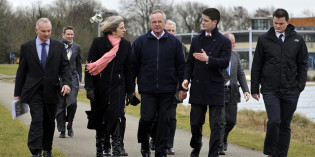
Female politicians receive less attention in the press now than they did 20 years ago
Despite the rise in the number of female MPs and victories of feminism over the last twenty years, there has been no corresponding increase in the amount of press attention they are afforded. Indeed, women are still less likely to be taken seriously in the press, with men continuing to be portrayed as more serious […]

Anti-terrorism powers have fractured experiences of citizenship across the UK
Lee Jarvis and Michael Lister share findings from new focus group research into the impact of anti-terrorism legislation on public perceptions of citizenship in the UK. They find that many Britons believe new security measures have eroded their rights and reduced their ability to participate in social and political life, but perceptions vary across different […]


 Democratic Audit's core funding is provided by the Joseph Rowntree Charitable Trust. Additional funding is provided by the London School of Economics.
Democratic Audit's core funding is provided by the Joseph Rowntree Charitable Trust. Additional funding is provided by the London School of Economics.